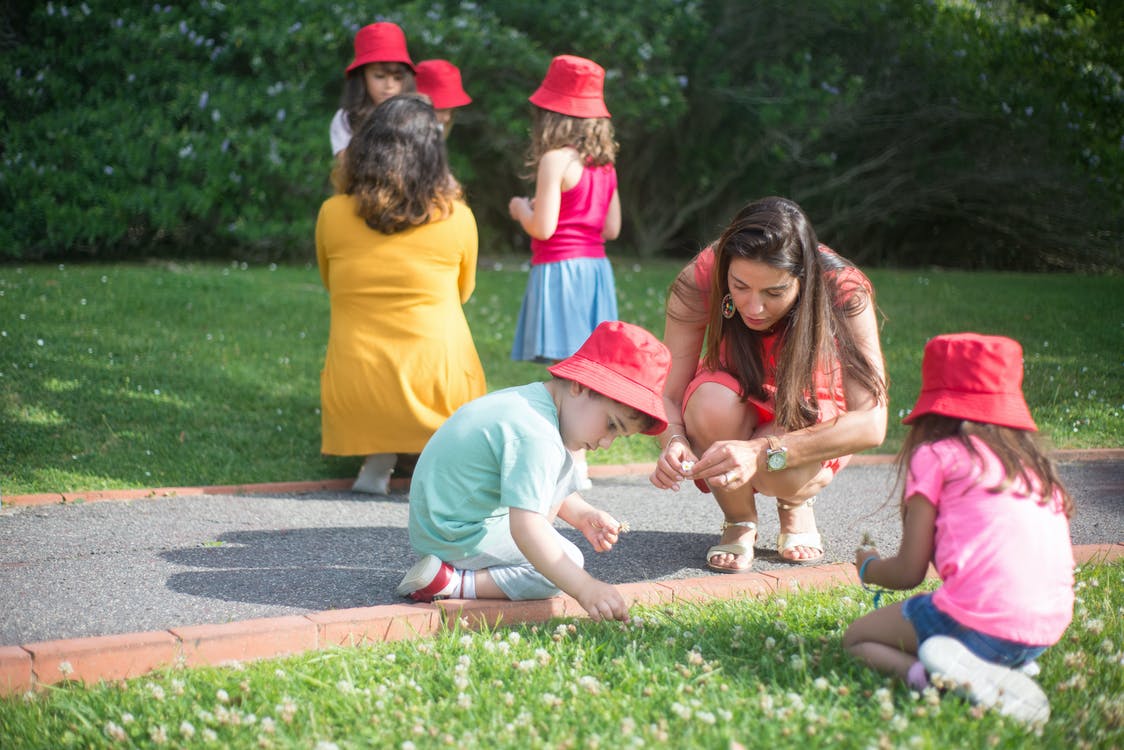For children, there should be more to life than school and home. Too many kids nowadays leave the school gates only to spend the rest of the day playing on their phones or games consoles, at a detriment to their physical and mental wellbeing. It’s important that they have hobbies and interests that can keep them busy during their free time, in a productive and healthy way. They need to engage their bodies and minds, rather than passively burying their heads in a screen. That’s why extra-curricular activities are so important for children, providing a range of benefits and supporting their overall development. A private prep school in Surrey explores in further detail below…
Increase a Range of Skills
Depending on the type of extra-curricular activity, children can learn a range of key skills by having hobbies. For instance, if they join a football club, they will learn how to be a team player and work collaboratively with their peers. If they learn an instrument, they will learn the importance of practise and dedication. Many hobbies are sociable, giving children the chance to develop their communication skills.
Become More Confident
As children become more competent at their chosen hobby, they become more confident in their abilities. Every time they receive a round of applause after a performance or a pat on the back for scoring a goal or achieving a new personal best, they get a little self-esteem boost. This is important, because confidence will help your child when it comes to taking risks, stepping out of their comfort zone, and overcoming challenges in an optimistic way.
Enhance Academic Performance
By participating in extra-curricular activities, increasing brain power, and heightening a range of skills (including time management), hobbies can actually help children improve their grades and perform better in school. The confidence gained through their experiences encourages them to get involved in classroom discussions and ask questions that a more timid child might not feel comfortable with.

